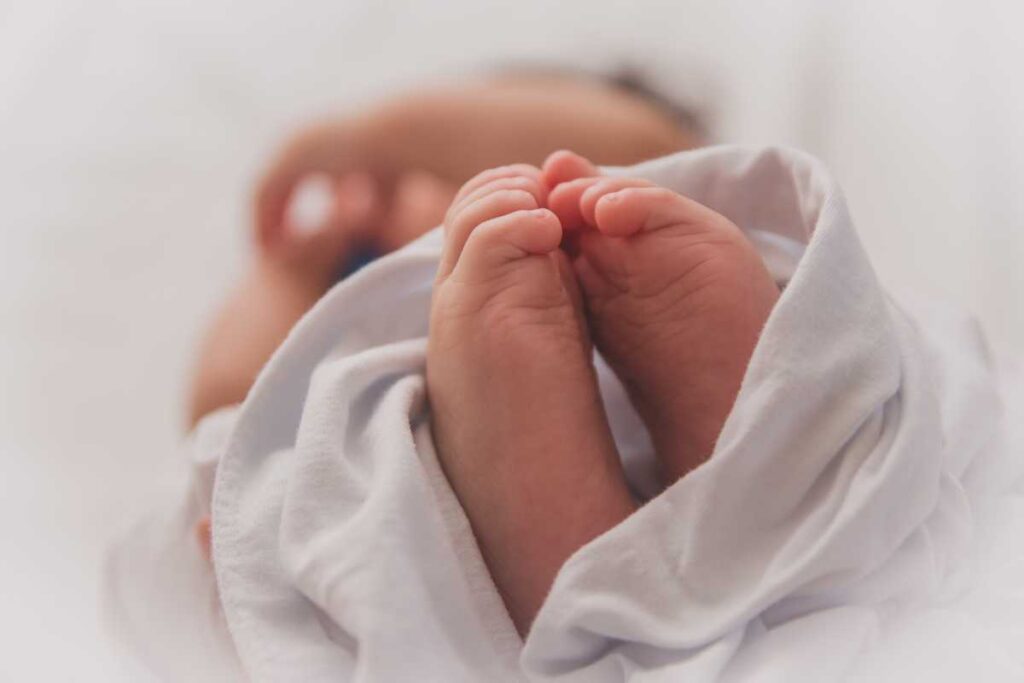As a parent, the welfare of your child is your top priority. Preparing the legal documents for child custody if parents die is important. Plan ahead for your child’s care in the event of your untimely demise.
This involves arranging legal documents for child custody if parents die. The key documents are last will and testament, trusts, letter of intent and power of attorney.
Learn how to designate a legal guardian in case of death. Also learn about unmarried fathers rights if the mother dies, and who gets custody if both parents die.
Understanding Child Custody
Child custody involves the legal and practical relationship between a parent and their child. It includes the right to make decisions about a child’s upbringing and the duty to care for them. In the event of the death of both parents, the court typically determines who gets custody of the child. This is typically a legal guardian.
What is a Legal Guardian?
A legal guardian is a person appointed by the court to care for a child in the event of the parents’ death or incapacity. They are responsible for providing essentials like food, shelter, medical care, education, and protection.
The legal guardian steps into the shoes of the parents and assume parental responsibilities until the child reaches legal age.
Designating a Legal Guardian In Case of Death
Designating a legal guardian in case of death is a serious decision. The chosen individual should be willing to accept the responsibility. They should also share your values, and be capable of providing for the child’s needs.
It’s important to discuss your decision with the potential guardian. This is to ensure they understand the implications and are willing to undertake the role.
This decision should be formally documented in legal papers like a will or a parenting plan. This ensures your wishes are known and can be upheld in court. Consult a family lawyer to help navigate the process and ensure all legal requirements are met.

Unmarried Fathers Rights If Mother Dies
In case of the mother’s death, an unmarried father may be eligible to take over the child’s custody. For this to happen, the father must establish paternity and the court must formally acknowledge it.
This can be done through an acknowledgment of paternity form, having name of father on child’s birth certificate, or through a paternity test.

If Both Parents Die Who Gets Custody?
When both parents die, the court decides who gets custody of the child. Usually a legal guardian named in the parents’ will gets custody. The court may appoint a suitable person, often a close family member or friend who is willing to take on the responsibility should no legal guardian be specified.
Should a dispute arises over the appointed guardian, the court may review the will and make a decision based on the best interest of the child. In rare cases, the court may overrule the appointed guardian. That is if they deem it in the best interest of the child.
The Importance of a Testamentary Guardian
Appointing a testamentary guardian in your will can reduce potential conflicts between family members. Conflicts often arise over who is responsible for your child after your death. Your nomination in your will provides a clear statement of your intentions to the court.
The ‘Best Interests of the Child’
When deciding custody issues(legal custody vs physical etc…), courts prioritize the ‘best interests of the child’. This includes considering factors like the child’s age as well as mental and physical health. The emotional bond with the parent, established living pattern, quality of education and other factors too.
Legal Documents for Child Custody if Parents Die
There are several legal documents involved in designating child custody:
- Last Will and Testament: This outlines who will care for your child should the need arise.
- Trusts: These ensure your child is well cared for after you’re gone by transferring your assets into a trust managed by a trustee for the benefit of the child.
- Letter of Intent: This provides clear directions about your child’s upbringing if you are no longer there to make those decisions.
- Power of Attorney: This allows you to designate someone to act on your behalf in personal, business, or legal matters.

Engaging an estate planning attorney can help you navigate these legal documents and ensure your child’s well-being and future security.
Planning for your child’s care in the event of your death is an important task as a parent.
Nominally appointing a guardian is a start. Setting up a trust, and drafting a will can ensure your child is well-cared for according to your wishes.
This process can be overwhelming. With the right legal advice and careful planning, you can ensure your child’s future is secure.

